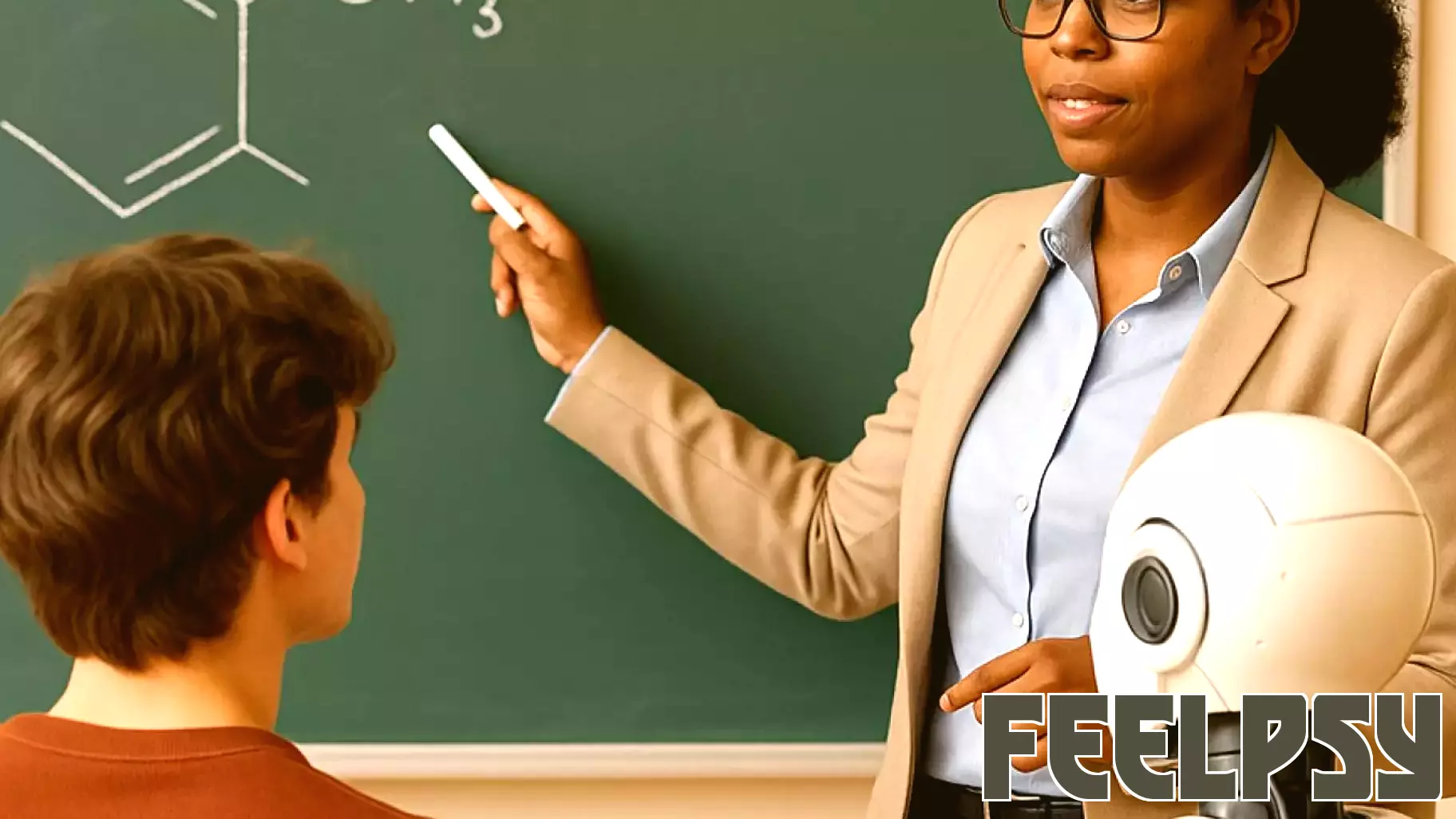Insights from AI: Rethinking Education and Learning Approaches
May 1, 2025 - 08:04

Recent observations in the realm of artificial intelligence have sparked a critical discussion about traditional educational methods. AI systems often adapt and improve through feedback, showcasing a dynamic learning process that contrasts sharply with how we evaluate human students. When AI encounters challenges, developers refine algorithms and adjust parameters to enhance performance. Conversely, when students struggle, the tendency is to attribute their difficulties to personal shortcomings rather than examining the instructional methods or environmental factors at play.
This discrepancy highlights a fundamental issue in education: the need for a more empathetic and adaptable approach to teaching. Instead of placing blame on students for their learning gaps, educators are encouraged to reflect on their strategies and consider how they can create more supportive and effective learning environments. By embracing the lessons learned from AI, educators can foster resilience and growth in students, ultimately leading to a more equitable and effective educational system. The dialogue between technology and pedagogy may hold the key to unlocking new potentials in human learning.
MORE NEWS

February 20, 2026 - 22:29
No, Family Estrangement Is Not a “Trend”The decision to cut off contact with a family member, often termed `no contact,` is frequently discussed in modern culture. However, framing this deeply personal and painful experience as a mere...

February 20, 2026 - 09:12
Frontiers | Social interactions and affective neuroscience personality traits among Chinese educators: a randomized intervention study on wellbeingA new randomized intervention study provides compelling evidence that structured social interactions can significantly enhance the wellbeing of educators and positively influence core personality...

February 19, 2026 - 20:56
Why Graphic News Stories May Not Be Safe for EveryoneThe recent widespread circulation of graphic material from the Epstein files has sparked a necessary conversation about media consumption and mental well-being. Experts are warning that constant...

February 19, 2026 - 16:28
Frontiers | How aging anxiety relates to self-rated health in middle-aged and older adults: the role of psychological pathwaysNew research delves into the complex relationship between the fear of growing older and how individuals perceive their own health. The study, focusing on middle-aged and older adults, reveals that...